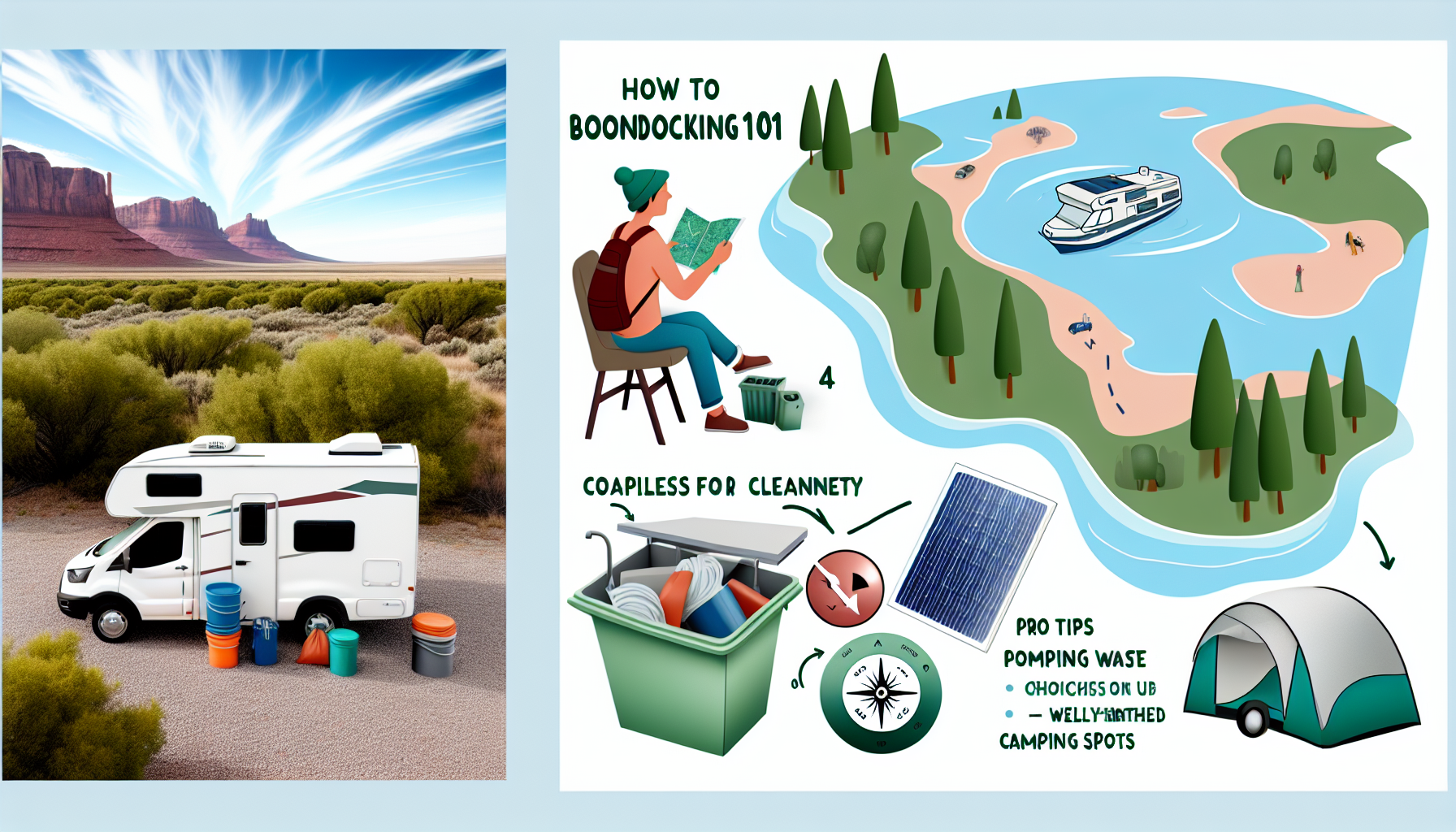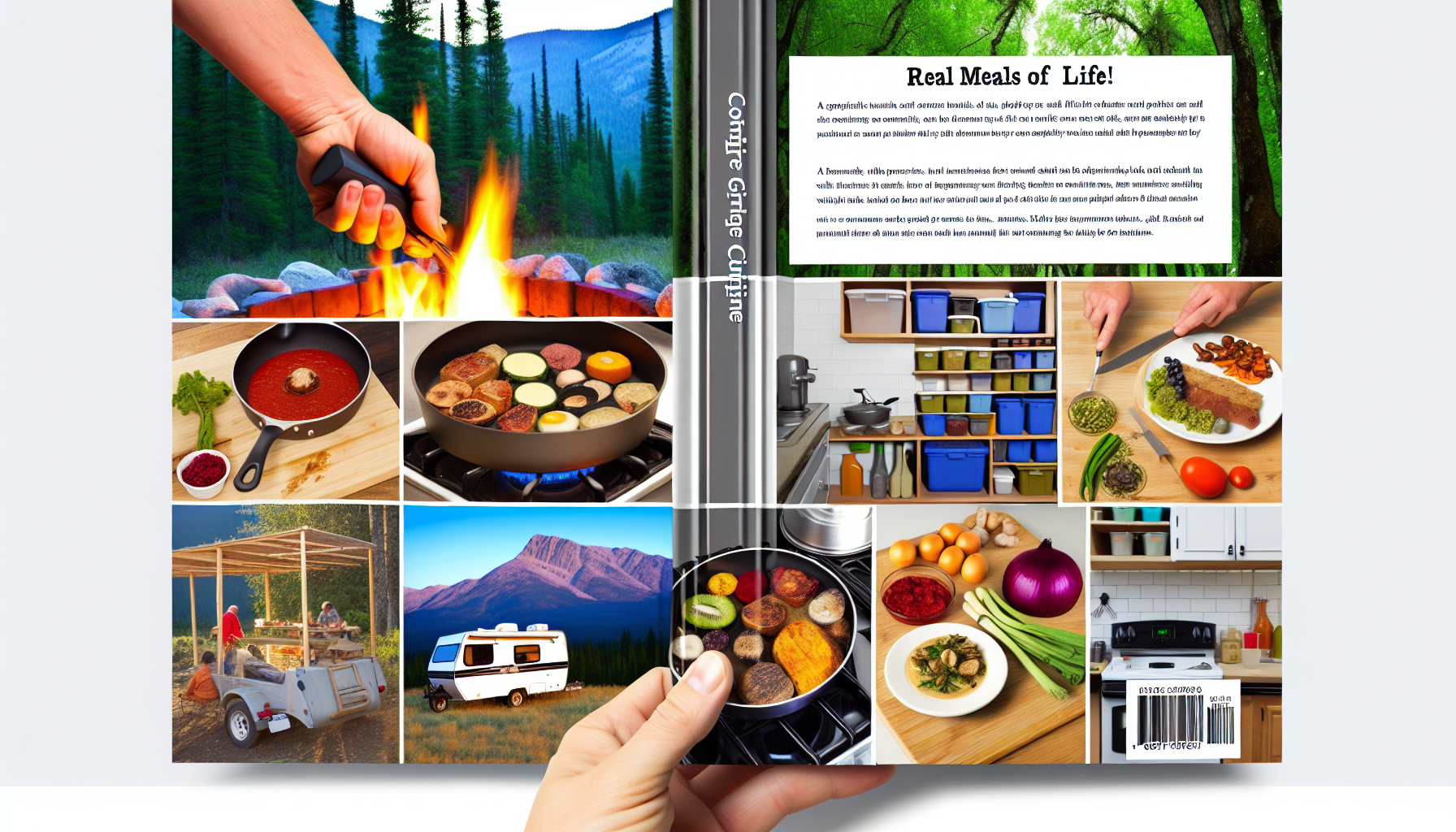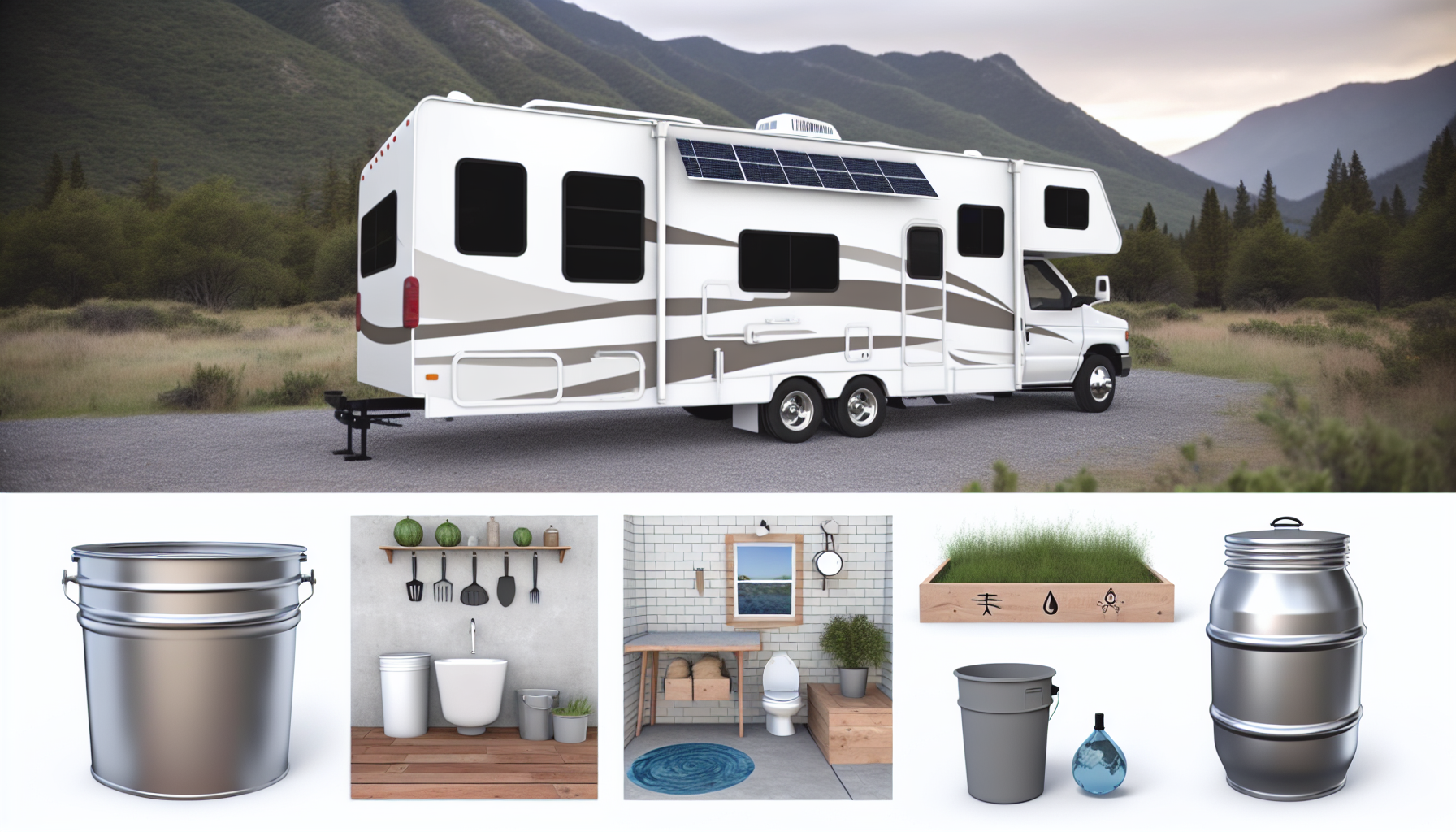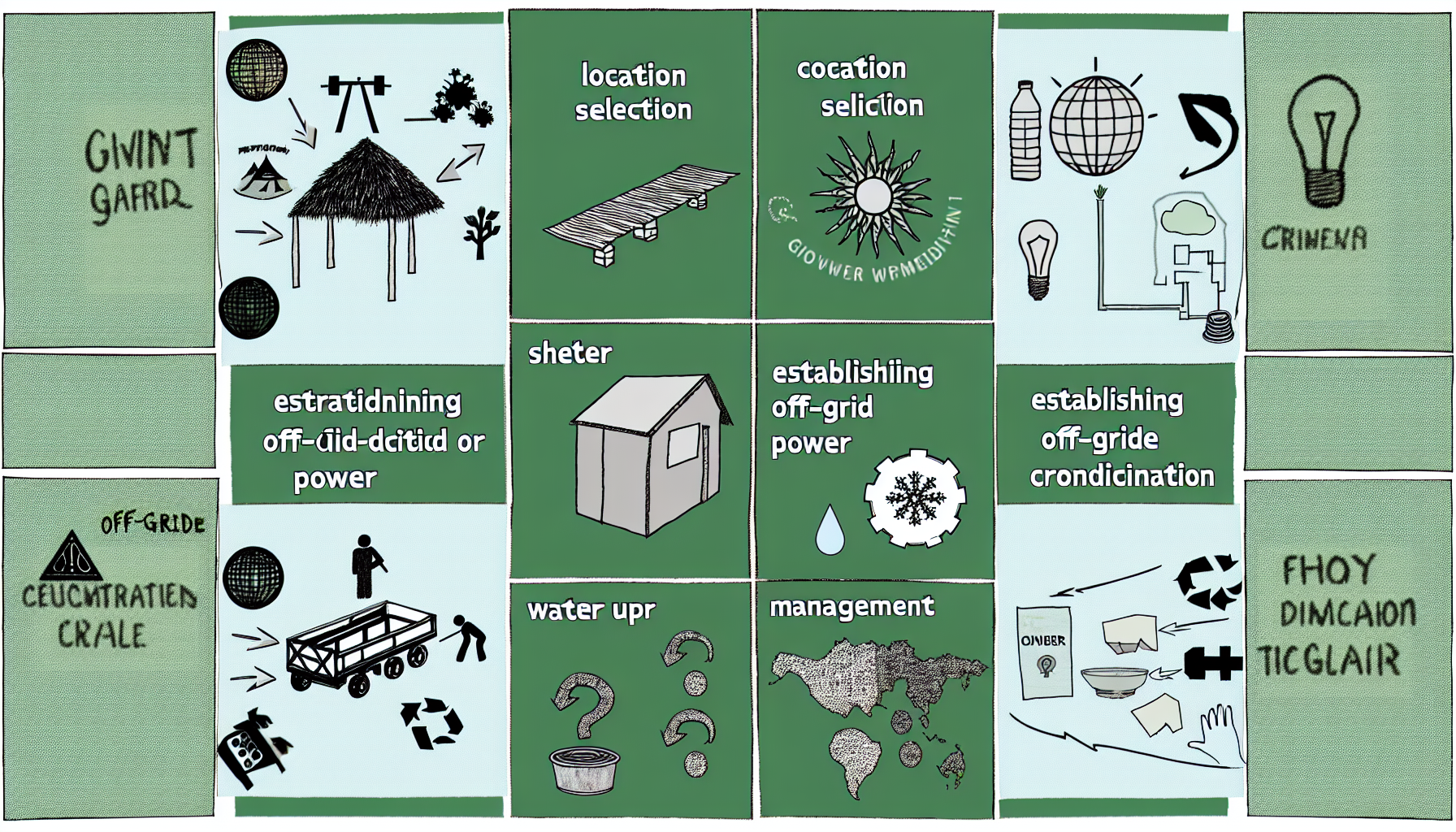When Rust Meets Road Trips: One Driver’s Mistake
Three miles outside of town, Dave’s weekend trip came to a screeching halt—literally. The trailer hitch on his camper had seized up from months of neglect. What started as a quick getaway turned into a roadside rescue mission involving a crowbar, two friends, and a regrettable lack of lubrication.
Don’t be Dave.
Whether you’re towing a boat, camper, or utility trailer, one of the most overlooked elements of vehicle maintenance is your hitch. Sure, it’s steel and sturdy—but it’s also a magnet for grime, rust, and wear. A little care goes a long way in keeping your towing setup safe, smooth, and squeak-free.
Let’s break down how to maintain your hitch like a pro—with nothing more than a tube of lube and regular check-ins.
Hitch Types 101: Know What You’re Working With
Before you can maintain your hitch, you need to know what kind you’re dealing with. Here’s a quick primer on the most common types:
- Receiver Hitches (Class I to V): These are the most common types, mounted directly to the vehicle’s frame.
- Gooseneck Hitches: Typically used with trucks and heavy-duty towing, mounted in the truck bed.
- Fifth-Wheel Hitches: Similar to goosenecks but use a kingpin connection, ideal for large campers.
- Bumper Hitches: Simple and found on lighter-duty vehicles.
Each one has unique stress points and maintenance needs, but they all share one rule: clean and lube regularly.
Grease Is Great: Lubrication Basics
Think of hitch grease like moisturizer—for metal. It prevents corrosion, reduces friction, and makes coupling and uncoupling smoother.
- Use a High-Quality Hitch Ball Grease: Apply a thin layer to the hitch ball and coupler.
- Don’t Use WD-40 Alone: It’s a cleaner, not a long-term lubricant.
- Grease the Moving Parts: That includes pivot points, locks, and pins.
- Wipe Down After Use: Dirt and debris can turn grease into grinding paste.
Rust Never Sleeps: Cleaning and Inspection Tips
Even the best hitch will wear down if not inspected regularly.
- Inspect Before Every Tow: Look for rust, cracks, and wear.
- Clean with a Wire Brush: Especially around the receiver tube and ball mount.
- Use Anti-Rust Spray: After cleaning, apply a rust inhibitor to exposed metal.
- Check for Play and Tightness: Loose hitches can lead to accidents or damage.
Pin It Right: Couplers, Pins, and Locks
Small parts matter. Misplaced or worn locking pins can cause major towing issues.
- Use Stainless Steel Pins: They resist rust and last longer.
- Replace Bent or Rusted Pins Immediately: Compromised pins are a risk.
- Lubricate Locks and Keyholes: Use a graphite-based lubricant for locks.
Seasonal Maintenance Checklist
Time of year can impact how you care for your hitch setup.
- Winter: Salt on roads accelerates rust—wash and inspect more often.
- Spring: After snow season, deep-clean and re-grease.
- Summer: High temps can dry out lube—check it after long hauls.
- Fall: Before storage, clean and treat all metal parts.
Further Reading & Resources
A beginner-friendly overview of basic hitch care and signs of wear.
Compare types of hitch greases and learn how to apply them correctly.
Understand the different hitch classes and what vehicles they’re meant for.
Dive into a comparison of heavy-duty hitches for RV owners.
A little maintenance goes a long way—especially when you’re hauling thousands of pounds behind you. With a tube of lube, a wire brush, and a few minutes of your time, you can avoid looking like a towing rookie and keep your adventures rolling smoothly.








